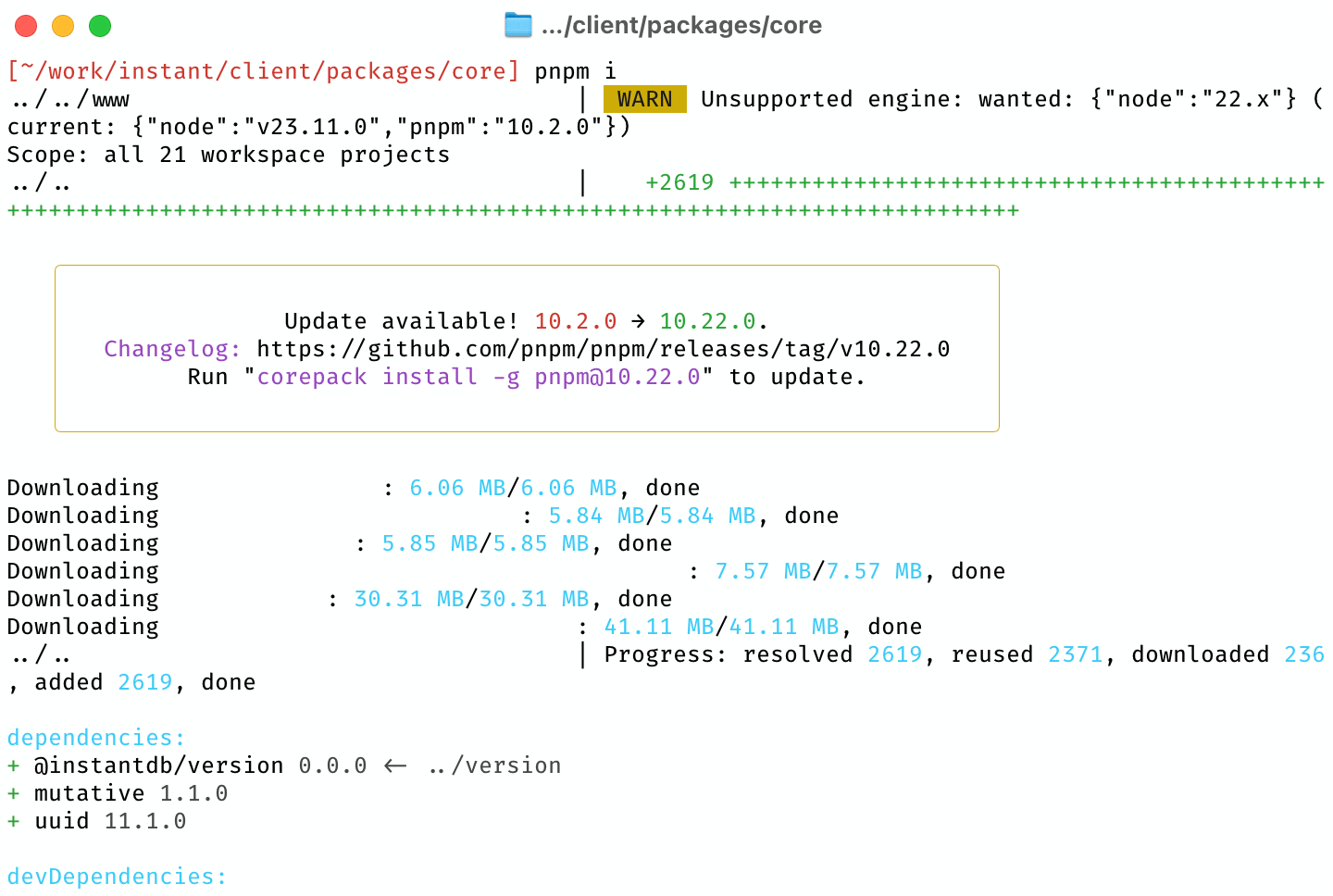If you’ve been around, you might’ve noticed that our relationships with programs have changed.
Older programs were all about what you need: you can do this, that, whatever you want, just let me know. You were in control, you were giving orders, and programs obeyed.
But recently (a decade, more or less), this relationship has subtly changed. Newer programs (which are called apps now, yes, I know) started to want things from you.
The most obvious example is user accounts. In most cases, I, as a user, don’t need an account. Yet programs keep insisting that I, not them, “need” one.
I don’t. I have more accounts already than a population of a small town. This is something you want, not me.
And even if you give up and create one, they will never leave you alone: they’ll ask for 2FA, then for password rotation, then will log you out for no good reason. You’ll never see the end of it either way.
This got so bad that when a program doesn’t ask you to create an account, it feels refreshing.
“Okay, but accounts are still needed to sync stuff between machines.”
Wrong. Syncthing is a secure, multi-machine distributed app and yet doesn’t need an account.
“Okay, but you still need an account if you pay for a subscription?”
Mullvad VPN accepts payments and yet didn’t ask me for my email.
How come these apps can go without an account, but your code editor and your terminal can’t?
Every program has an update mechanism now. Everybody is checking for updates all the time. Some notoriously bad ones lock you out until you update. You get notified a few seconds after a new version is available.
And yet: do we, users, really need these updates? Did we ask for them?
I’ve been running barebone Nvidia drivers without their bloated desktop app (partly because it asks for an account, lol).
As a result, there’s nobody to notify me about new drivers. And you know what? It’s been fine. I could forget to update for months, and still everything works. It’s the most relaxing I’ve felt in a while.

There has been a new major release of Syncthing in August. How did I learn about it? By accident; a friend told me. And you know what? I’m happy with that. If I upgrade, nothing in my life will change. It works just fine now. So do I really need an update? Is it my need?
It’s simple, really. If I need an update, I will know it: I’ll encounter a bug or a lack of functionality. Then I’ll go and update.
Until then, politely fuck off.
Notifications are the ultimate example of neediness: a program, a mechanical, lifeless thing, an unanimate object, is bothering its master about something the master didn’t ask for. Hey, who is more important here, a human or a machine?
Notifications are like email: to-do items that are forced on you by another party. Hey, it’s not my job to dismiss your notifications!

Sure, there are good notifications. Sometimes users need to be notified about something they care about, like the end of a long-running process.
But the general pattern is so badly abused that it’s hard to justify it now. You can make a case that giving a toddler a gun can help it protect itself. But much worse things will probably happen much sooner.

There’s no good reason why, e.g. code editor needs a notification system. What’s there to notify about? Updates? Sublime Text has no notifications. And you know what? It works just fine. I never felt underinformed while using it.

The company needs to announce a new feature and makes a popup window about it.
Read this again: The company. Needs. It’s not even about the user. Never has been.

Did I ask about Copilot? No. The company wants me to use it. Not me:

Do I care about Figma Make? Not really, no.

Yet I still know about it, against my will.
I’ve read somewhere (sorry, lost the link):
lsnever asks you to create an account or to update.
I agree. ls is a good program. ls is a tool. It does what I need it to do and stays quiet otherwise. I use it; it doesn’t use me. That’s a good, healthy relationship.
At the other end of the spectrum, we have services. Programs that constantly update. Programs that have news, that “keep you informed”. Programs that need something from you all the time. Programs that update Terms of Service just to remind you of themselves.

Programs that have their own agenda and that are trying to make it yours, too. Programs that want you to think about them. Programs that think they are entitled to a part of your attention. “Pick me” programs.
And you know what? Fuck these programs. Give me back my computer.
